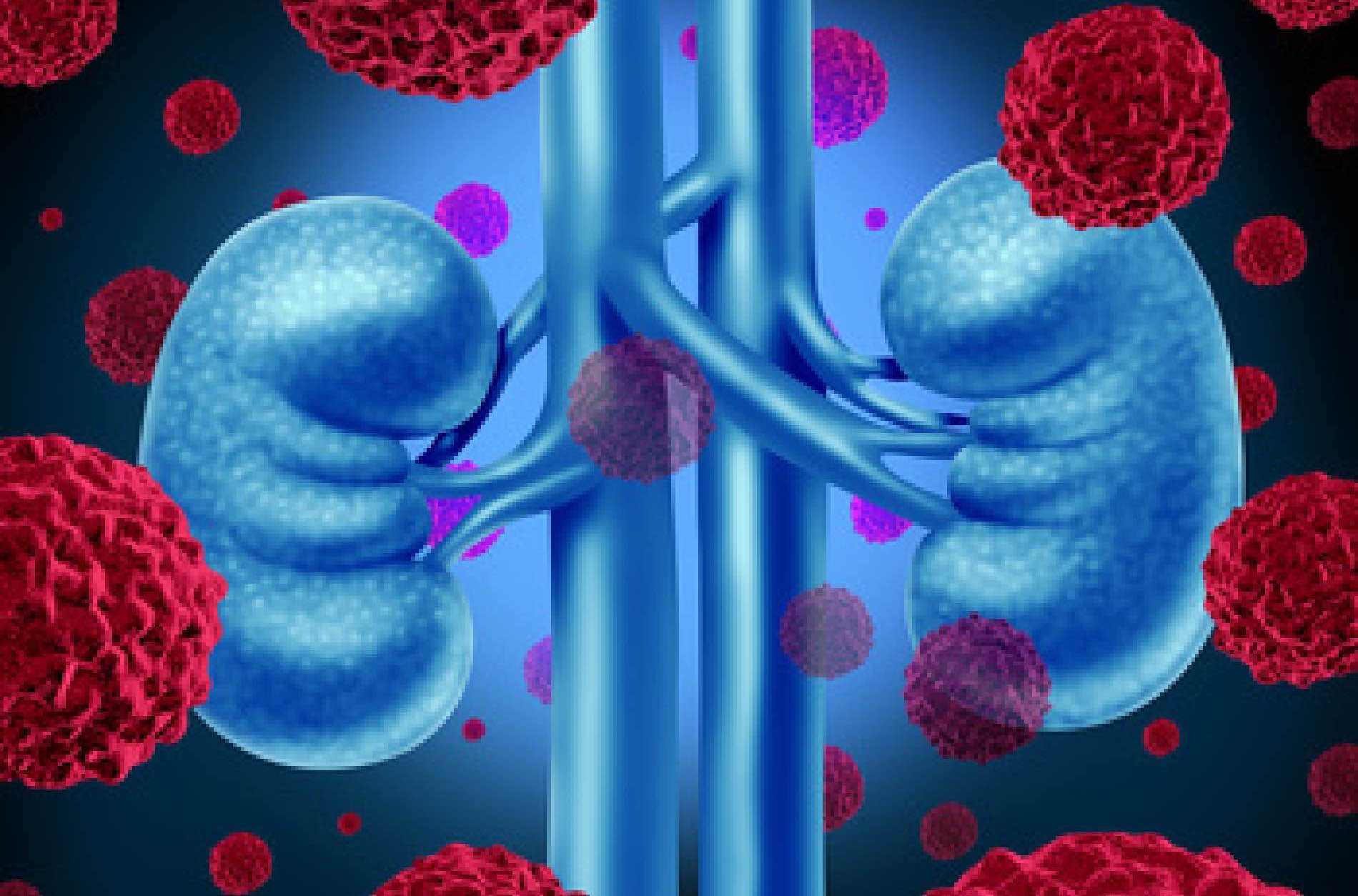Share this Page:
This phase 2 clinical trial (ENTRATA) looked at how safe and tolerable a new medicine called telaglenastat (a glutaminase inhibitor) is in patients with kidney cancer that has spread when used in combination with everolimus. The patients had already been treated for their cancer. The study also looked at how effective this new combination is at treating the cancer.
There were 69 patients in the study. Patients had an average of 3 previous medicines for their cancer, including targeted therapy and immunotherapy. After an average follow-up time of 7.5 months, the time to when the cancer returned and the treatment stopped working was 3.9 months in the telaglenastat plus everolimus group and 1.9 months in the everolimus plus placebo group.
In the people in the teleglenastat plus everolimus group, their disease was controlled (partial response or stable disease), compared to 11 patients in the placebo plus everolimus group.
Side effects included tiredness, low red blood cells (anaemia), cough, shortness of breath, abnormal blood tests and diarrhoea. Severe or life-threatening side effects occurred in 74% of patients on teleglenastat plus everolimus and 61% of patients on placebo plus everolimus.
This study shows promising safety, tolerability and effectiveness of telaglenastat with everolimus in patients with advanced kidney cancer who had already been treated for their cancer.














